|
Sam Burnham, Curator
It happens about this time every year. The Georgia Bulldogs and the Florida Gators, along with their respective faithful, make a pilgrimage to Jacksonville to compete for a year’s worth of bragging rights and often a leg up for the SEC East title. They’ve been doing this since 1933, except for the two years taken off while the historic Gator Bowl stadium was converted into whatever they’re calling it this week. It’s an old tradition that remains one of college football’s last neutral site rivalry games. The tailgating atmosphere that spills out of the stadium parking lot and spreads all over town has come to be known as the World’s Largest Outdoor Cocktail Party...because that’s what it is. The stories from this cultural event are the stuff of legend. My dad and uncle (Georgia and Florida fans, respectively) went a few times. On one occasion they were driving through town with the windows down on a beautiful Florida fall afternoon. They came to a red light nowhere near the stadium. A car pulls up beside them in the left lane. The driver of the other car looks at my uncle in the passenger seat and says “hey buddy, you want a beer?” And then hands him a cold beer through the car windows. Welcome to the WLOCP. But this rivalry goes back further than 1933. The first game was in 1904...or maybe 1915, depending on who you ask. But the Georgia-Florida rivalry is even older than that. When James Oglethorpe proposed the Colony of Georgia in 1730, it was to be a buffer between the existing British colonies and Spanish Florida. Spain had an important fort, The Castillo de San Marcos, at St. Augustine, south of present day Jacksonville. Oglethorpe led military campaigns to oppose the Spanish. Ft. King George was built at Darien and Ft. Frederica and Ft. St. Simons were built on St. Simons Island to defend against Spanish invasion. Oglethorpe would lay siege to St. Augustine more than once. The War of Jenkins’ Ear was, in part fought in this area. The Battle of Bloody Marsh took place on St. Simons. Georgia and Florida have been fighting around Jacksonville since before Jacksonville was even there. There are those who would move this rivalry to include Atlanta or even “home and home.” Why would you want to mess up a good thing? It has worked for almost 90 years as a football rivalry and 290 years as a rivalry, period. This should never be changed. It’s both states at their finest. Epic hospitality meets epic animosity and they go so well together. Seeing that clean break behind each goal post where orange and blue turn to red and black and then back again...you can’t beat it. It’s just beautiful. So here I stand with Jacksonville and the WLOCP. May it continue for another 300 years.
1 Comment
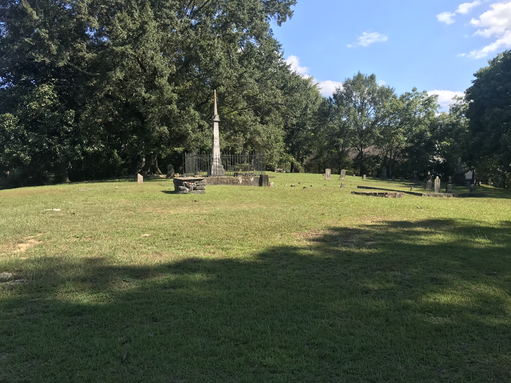 Sam Burnham, Curator Oak Hill Cemetery is not a recent discovery of mine. In fact, I have noticed it in passing all my life. However, I recently made what was only my second visit into the site. Once known as West Seventh Avenue CEmetery, Oak Hill was initially established on the outskirts of town as Rome's first municipal cemetery in 1837. At that point in history the town was brand new. The hill offered an elevation that would keep graves out of the flood waters when the Ooostanaula jumped its banks. Flooded graves have macabre tendencies and it is best to keep them above the waterline as much as possible. Over the years the city grew and the the passing of locals quickly filled the small hilltop. A new cemetery was established at Myrtle Hill and Oak Hill burials tapered off and finally ceased. What was once the outskirts of town is now considered very much downtown. What was once known as West Seventh Avenue is now known as Riverside Parkway. Neighboring Lumpkin Hill, one of Rome's Seven, was largely excavated to make way for Turner McCall Boulevard. A shopping center sprung up between the cemetery and the highway. Georgia Power installed a substation just across W 7th. Apartment homes were built along the backside of the property. Oak Hill was now encased in a shell of modern development. And in that shell it has been largely forgotten. I don’t want to suggest that there’s some criminal level of neglect going on here. The city government keeps the grass mowed, the weeds trimmed, and the grounds are clean and maintained. But you can’t help but notice the deterioration and decay. Many of the grave markers are worn with the passage of time. Some of the masonry structures are crumbling. The people interred here were important in their time. They include one of the city founders, a Revolutionary War widow, and a U.S. congressman. Members of Rome’s most prominent families in the town’s earliest days are buried here. In death, wealth and influence passed on to others and memories of these people faded as those who knew and loved them passed on as well. The people here are largely forgotten because no one who knew them remains and few people know their stories. That’s how the world works. The legacy of those buried here is carried on by local historians who care about this place, these people, these stories. Oak Hill holds for us a metaphor for our history and our culture. As modernity has grown up around it, access has become limited. It lies hidden in plain sight. None of that “progress” would have been possible without it yet it lies largely forgotten and fading into the past. ”Much that once was is lost, for none now live who remember it.” - Fellowship of the Ring In such an era as this, the preservation of history and culture depends on people who care about it. It can’t be a passive effort. It requires people being active in defending it, loving it, honoring it. It requires us to be engaged. And it requires us to share the stories and traditions that our society is built on. If our history and culture are an afterthought hidden in a quaint little pocket surrounded by “progress,” then they’re both doomed. We will all be sucked into the abyss of modern American pop monoculture. We will cease to be Southern. We will lose all our uniqueness. We will become something generic and bland. We will cease to be Southern. I, for one, do not intend on going down that path. Randy Davis was a name that I first heard early in my life. He was friends with my dad as he was friends with so many people in this area. In addition to any personal connection there was a constancy the Randy in the community. He was involved and you were likely to come across him anywhere.
To really understand the magnitude of his loss to this community you would have to have seen him in action over the last 40 years or so. Without any pretense of flashiness, arrogance, or entitlement he became a giant in this community. He didn’t achieve this status through wealth or political power. He did it with love for his hometown. As the owner and operator of WLAQ radio, Randy, along with his daughter Elizabeth and his son Matt, made localism their business. Years after the other local stations sold out to distant corporations, WLAQ is still locally owned and operated. They still cover local news, sports, culture, and events. The station has been heavily involved in covering and promoting local high school sports as long as I can remember. Local commentators discuss politics, local organizers promote their events. On air personalities even pronounce the names of local communities correctly. WLAQ is a local institution. There used to be a dozen or so station like it in this vicinity. Now it stands alone. You can now easily find story after story of people who can credit that station with their own success - from an opportunity becoming a career to a small spotlight getting a local business in front of customers. The station was Randy’s labor of love. His work there is the epitome of what we wish to celebrate at ABG. Randy was also instrumental in attracting the local minor league baseball team to town. While I was initially against the idea, the team has been a success on the field as well as a welcome addition to the community. What I can’t effectively cover here is the number of individuals who have a personal story about Randy Davis. Because he just did things, the right things, without needing credit for it, he made a difference to so many people that we’ll never know about. Facebook is astir right now with posts from people who knew him and can attest to the man he was. His kindness lives on in his absence. His family and friends lost a loved one. They knew him the best and they will certainly miss him the most. But I cannot stress enough how much Rome and northwest Georgia lost when Randy Davis left this world. For such a kind, goodhearted, and humble man to have had such an impact is almost unheard of theses days. We need more men like Randy in our world. Every small town needs that sort of leadership and dedication. |
Sam B.Historian, self-proclaimed gentleman, agrarian-at-heart, & curator extraordinaire Social MediaCategories
All
Archives
November 2022
|

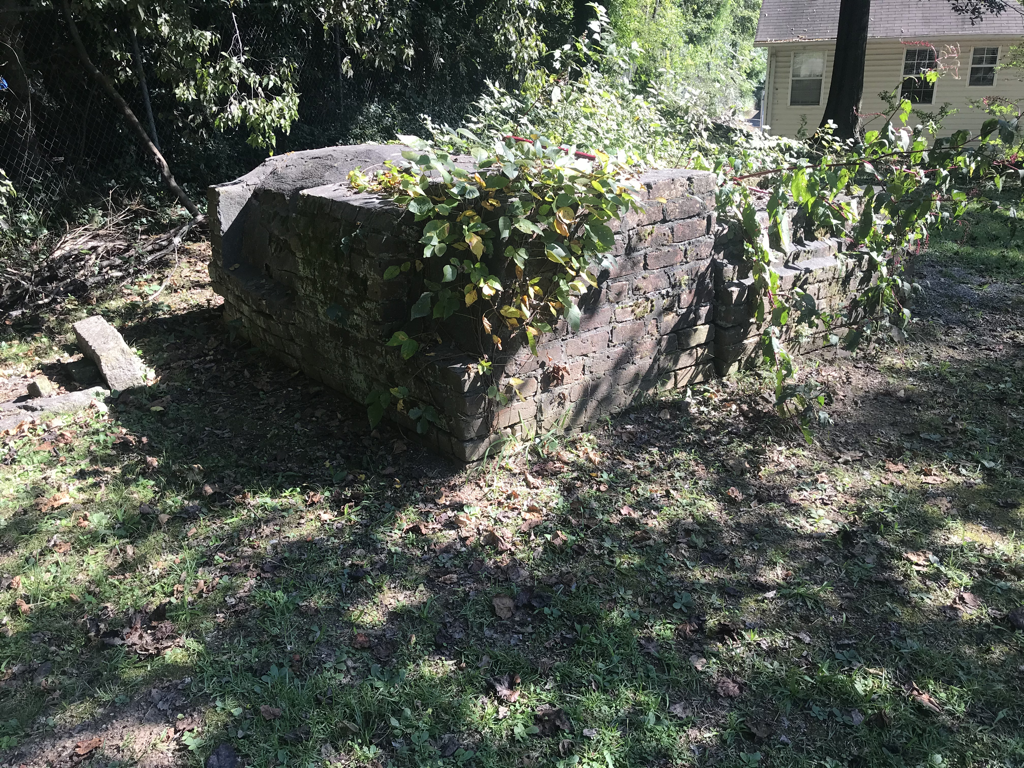
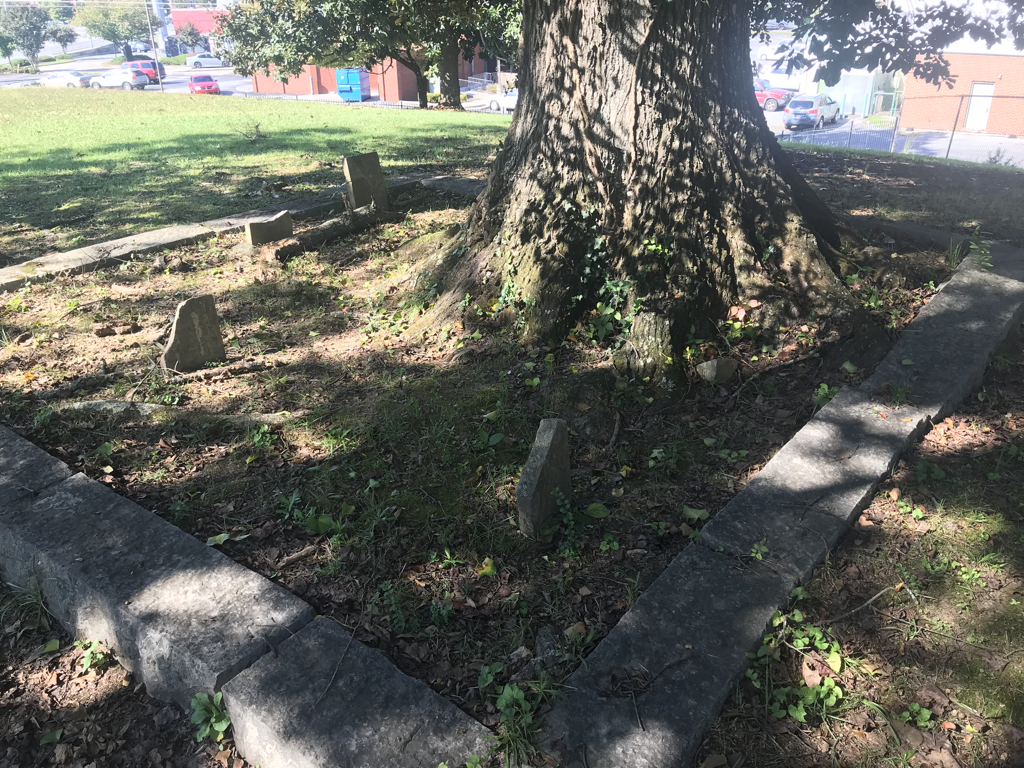
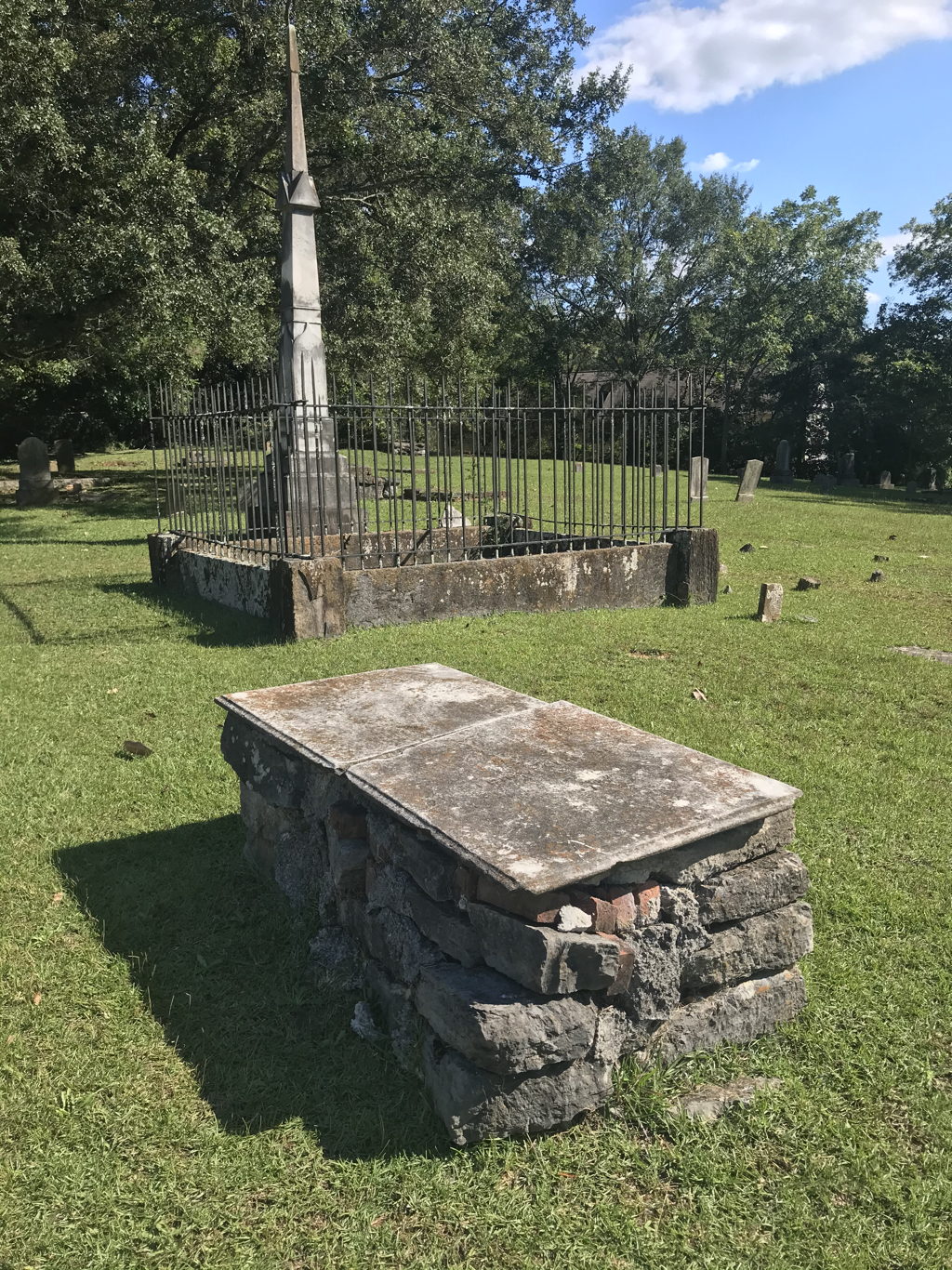
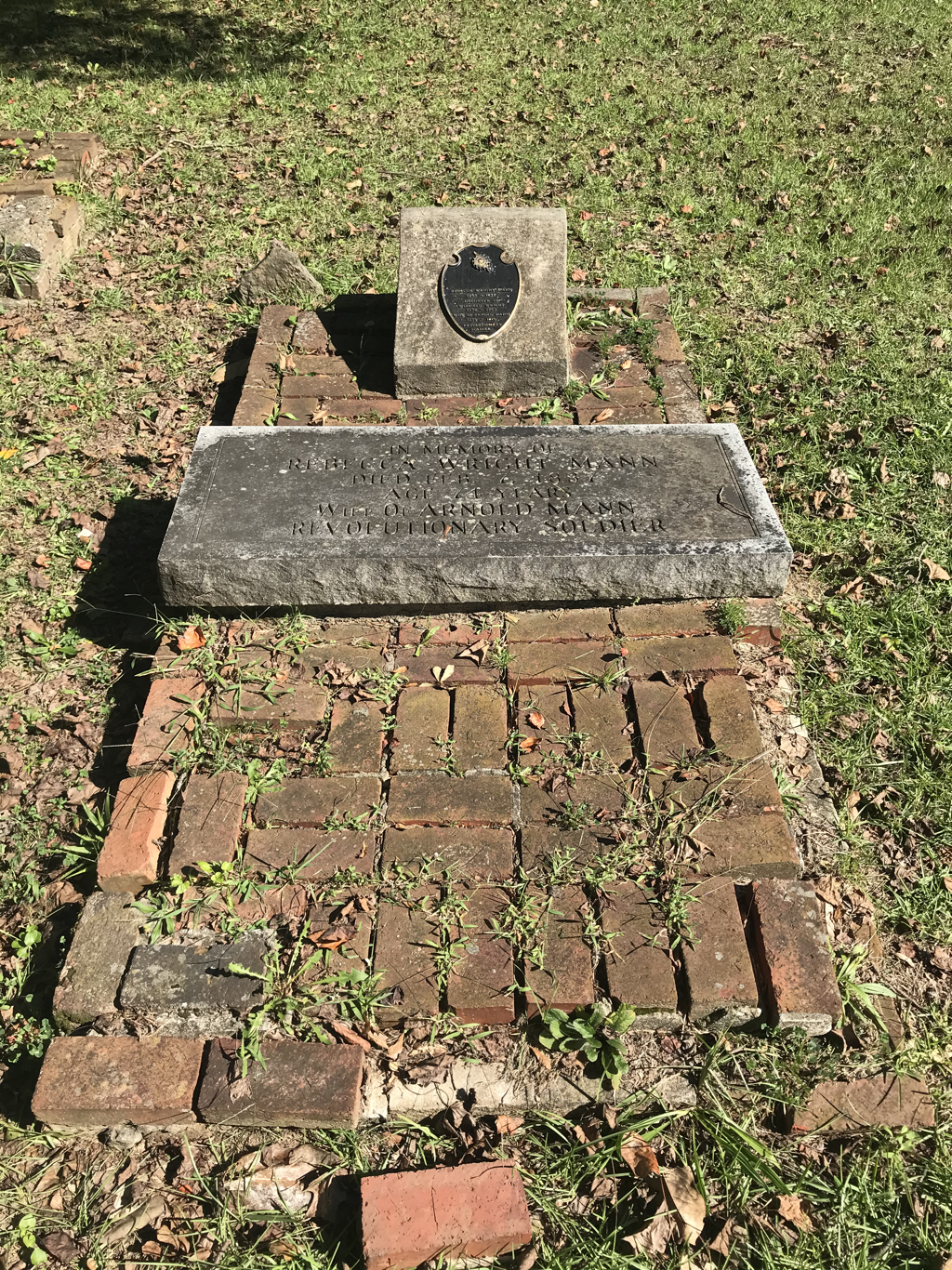
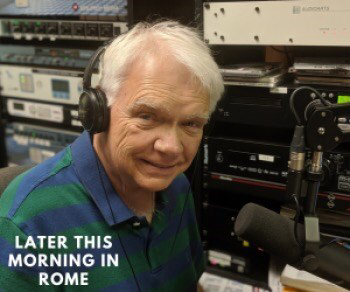




 RSS Feed
RSS Feed
